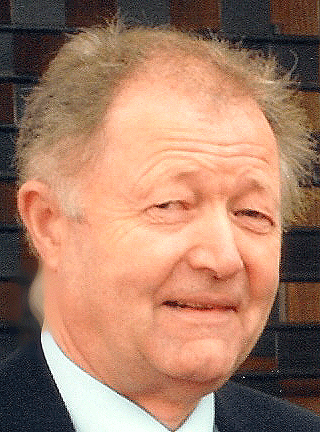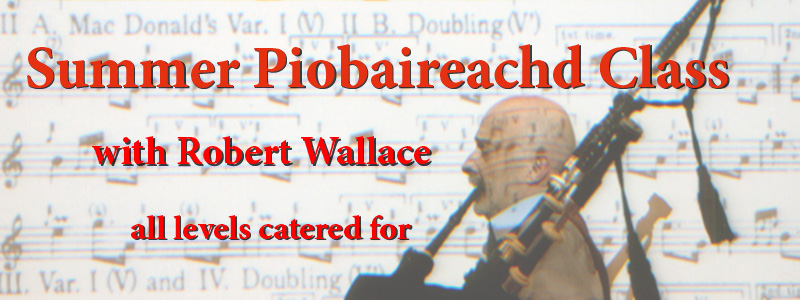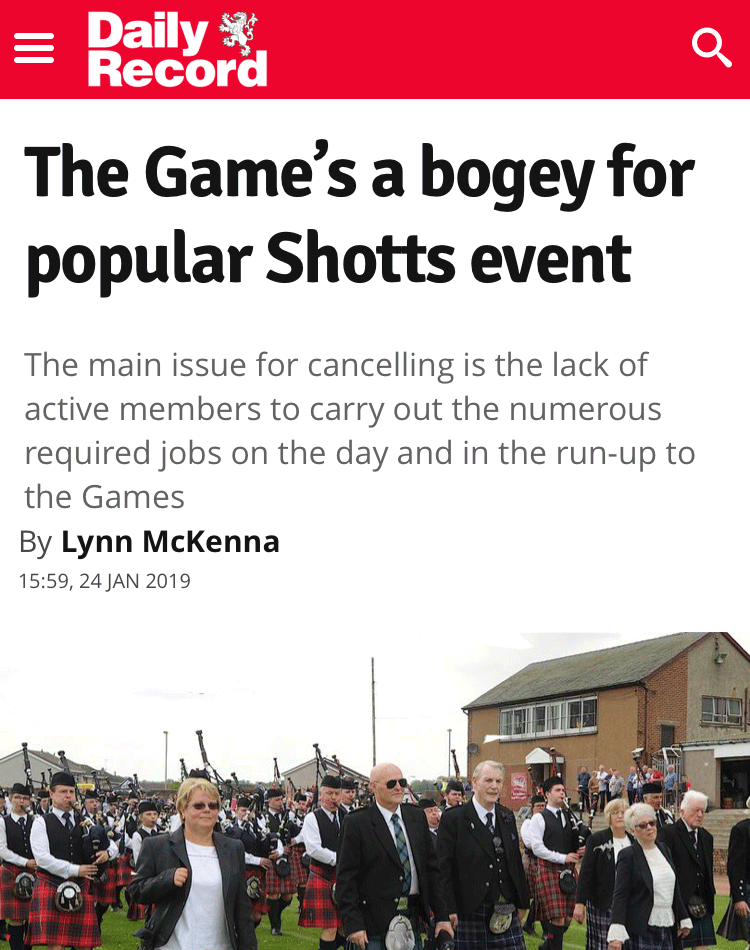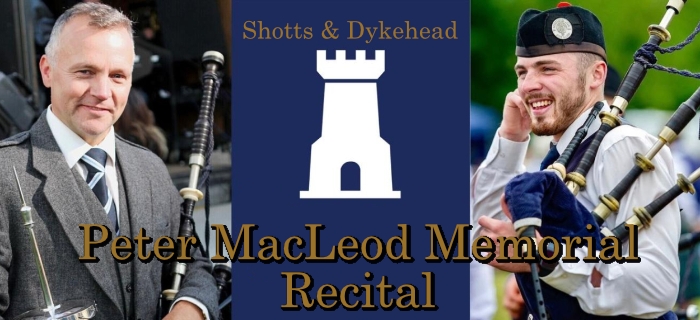
This is my second post on Piping Press with some observations and stats about the 2019 UK outdoor pipe band competition as the season progresses. By all reports the weather has not been particularly favourable to the bands at the majority of competitions so far this year. As with Brexit, the early experience of the outdoor season has also shown that ‘politics’ within the pipe band community as ever are never far from the surface.

By Alistair Aitken OBE, former RSPBA adjudicator
Following the British Pipe Band Championships in Paisley on 18 May there have been numerous local competitions throughout the UK in addition to the UK Pipe Band Championships held this year in Lurgan, Northern Ireland.
What remains disappointing is the reducing numbers of band entries at many of the local competitions. Perhaps even more concerning is the number of local competitions which have already been cancelled. For example Bathgate Highland Games (this year held on 25 May) did not even have a pipe band contest.
I can well remember the days when a dozen or more Grade 1 pipe bands competed at Bathgate. Local competitions at Shotts, Cupar and Ayr have also been cancelled this year. The Shotts contest in particular has a great deal of history to it and I hope that all of these local contests will be resurrected in future.
Local competitions which have gone ahead in late May or June have included Enniskillen, Cookstown, Belfast and Antrim in Northern Ireland; and Markinch, Girvan, Mintlaw, Strathmore, Ardrossan, Aberdeen, Lochore, Edinburgh and Helensburgh in Scotland.
All this is very positive but, while some of these contests have had reasonable entries this year, some have experienced lower numbers than in the past. The Edinburgh local competition fared a little better with 42 actual performance entries across all the grades (reduced to 34 performances on the day) but actual bands numbered only 22 after taking into account a couple of late call-offs and those bands which played in more than one grade.
As seems to now be the practice, Grade 1 pipe bands at these competitions were few and far between. In the past many of the bands would have supported their own Branch and have taken the opportunity of a runout the week before a Major Championships.

The real reasons for the decline in numbers are difficult to identify and substantiate without detailed research. The RSPBA and its Board of Directors have recently taken some flak on the internet and on social media as is often the practice but all the blame cannot always lie with the Headquarters in Washington Street, Glasgow.
RSPBA HQ is only responsible for the organisation and promotion of the five Major Championships. Although policy is determined at national level, responsibility for local competitions rests with the RSPBA Branches and the officials of the Branches are nominees of the member bands themselves, so there is a collective responsibility across the whole membership of the Association.
It is always easy for critics to sit back and blame others rather than get directly involved to do something about problems themselves. Other factors, of course, are the increasing difficulties in finding funding from local authorities and other sponsors. For the bands themselves transport costs are ever increasing, so it is perhaps inevitable that involvement at primarily the Major Championships has to take precedence.
It is disappointing that the Grade 1 pipe bands no longer support many of the local competitions these days. Costs must again be a factor but another could well be that many of the top bands now include players who have to travel from afar and that is only possible for the Major Championships. It has also been suggested that pipe bands may have become disillusioned with competing for a variety of reasons which include differences in adjudication.
Without clear evidence it would be unwise to reach that conclusion. Differences between adjudicators are nothing new and there have been many attempts to improve adjudication over the years. Although improvements can always be made, many of these suggestions have been opposed by the membership, so it is doubtful that it will ever be possible to please everyone. Attempts to improve the RSPBA itself have also been rejected by the membership.

It is important to bear in mind that the RSPBA is a membership organisation with charitable status. Almost all the officials and committee members at national level are nominees of the membership through the Branch structure, so opportunities do exist for others to get involved and exercise their influence. During my working years I came across a variety of quotations about criticism, so it might be worth mentioning the following ones which could be relevant:
‘It’s easy to attack and destroy an act of creation. It’s a lot more difficult to perform one.‘
‘When people tell you something’s wrong or doesn’t work for them, they are almost always right. When they tell you exactly what they think is wrong and how to fix it, they are almost always wrong.‘
‘If everybody likes you, you are doing it wrong. With no positivity, there is no hope; with no negativity, there is no improvement. The tower of success stands on the pillars of vision, action, patience and the character to withstand criticisms.‘
A more beneficial approach, therefore, would perhaps be more transparency, improved communication and enhanced working together to ensure that our distinctive form of traditional music is not allowed to fall into a general state of apathy.
- To be continued. Please comment below.

















Thanks for the report Alistair. I think this is a worldwide problem as we have the same issues here in the US. Very difficult for the organizers to run contests when the bands don’t support the games. For years I ran a contest as a way to give back to the piping community. It was a thankless job but by calling people and asking them to support we had years where we had upwards of 40 bands. These days, they are lucky to get 10-15 bands at the contest.
I am afraid of the longterm impact. I believe the local games offer an opportunity to create interest in piping and drumming. If it will not be the games, we will have to work hard at finding ways to interest the next generation of pipers and drummers.
I suggest that the reason why G1 bands dont attend local contests is because their membership in many instances are from all over the UK and beyond and maybe in some instances have rarely if ever set foot in their band hall . Here in NI the PSNI attend most contests and on some occasions are the only band competing.Quite a few of FMM players particularly the pipers are based outside NI so regular visits over would be financially out of the question.The other problem here is that quite a few players are connected to G1 bands outside NI. Playing 5 majors is probably a very attractive proposition to a G1 player with family committments. One observation that has really concerned me is the number of G1 players who have opted out after years at the top and packed up altogether.I am rather saddened by the other comnent on Mr.Aickens adjudication -a pretty poor show in my opinion.
Hi Rab I was reading your peace on G 1 bands and bands in general not attending the smaller games in my opinion I might be wrong but I think it’s down to the costs. I don’t know what it costs for buses etc also all the majors are all close together. This would be bands having to make a big decision what events to go to. It can’t be easy it is very hard to keep everyone happy some cases prize money does not even cover the cost for buses. So I don’t think the bands can be blamed for the demise of these events Rspba should look to support more of these events.
A non entity of a report! Mr Aitken identifies some of the problems, blames no one in particular and is incapable of producing any innovative suggestions or solutions! What a waste of a read (similar to the majority of his crit sheets when on the judging panel!)
For your information Mr McAlister, Alistair’s ‘non-entity’ report was enjoyed by thousands of readers yesterday. Alistair has an unblemished reputation in the pipe band world and we are proud to have him as one of our correspondents. Ed.
Well said, Robert.